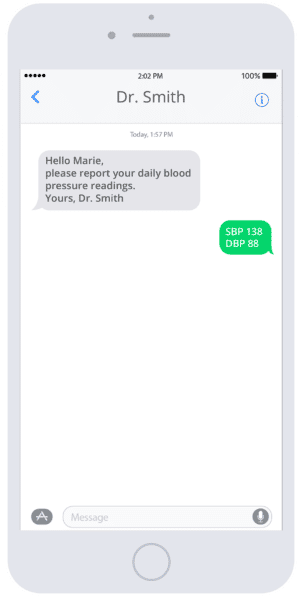If there is one thing that has become very obvious in the past weeks, it is how immensely important digitization is for the health care system. However, even before Corona, the focus was slowly but surely shifting towards digital possibilities to support personal well-being. Pedometers and diet apps, virtual personal trainers and mindfulness exercises, and last but not least the app of your own health insurance company – our smartphones know a lot about what we do (or do not do) to stay healthy. This development is only logical, as the smartphone is our omnipresent companion today.
Ever since the release of the Corona-Warn-App, the benefits mobile devices and applications can offer in health care have reemerged to the public eye. mHealth offers the means to handle certain health topics via mobile devices and is certainly one of the trends that will accompany us for a long time to come. The possibilities for applications are endless, the potential is enormous.
In this technologically advanced field, SMS play an important role. They are considered to be trustworthy and reach the end devices even when there is no internet. We would like to show you a few examples where SMS are used to positively influence the lifestyle and health of the recipients.
